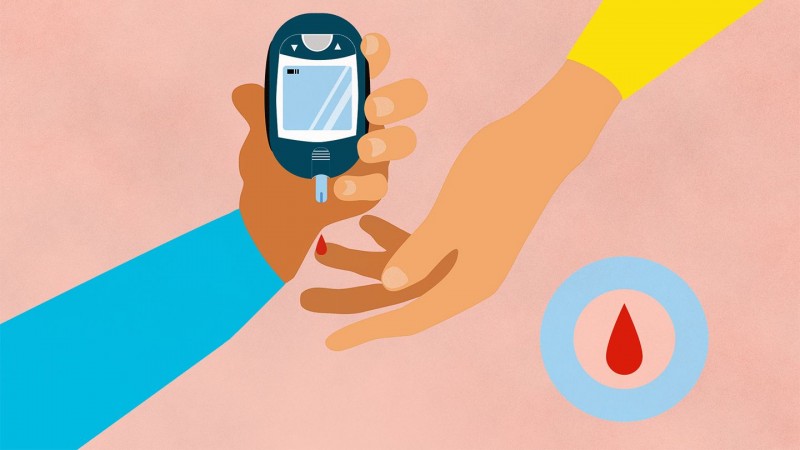
Living with diabetes requires constant vigilance, particularly when it comes to managing blood sugar levels. Recognizing the signs of low blood sugar, or hypoglycemia, is crucial for preventing serious complications such as diabetic coma. Here's what you need to know to stay safe and healthy.
Hypoglycemia occurs when blood sugar levels drop below normal range, typically below 70 milligrams per deciliter (mg/dL). For individuals with diabetes, this can happen due to various reasons, including excessive insulin, insufficient food intake, or increased physical activity.
Being able to identify the symptoms of hypoglycemia is essential for prompt intervention. Some typical signs include:
When experiencing symptoms of hypoglycemia, swift action is crucial to prevent complications. Here's what you should do:
After addressing the immediate need to raise blood sugar levels, it's essential to consume a balanced meal or snack to prevent recurrence.
Regularly monitoring blood sugar levels is vital for individuals with diabetes. Ensure you have access to a blood glucose meter and test strips to track your levels accurately.
If symptoms persist or if you're unable to raise your blood sugar levels, seek medical assistance promptly. Severe hypoglycemia can lead to loss of consciousness or seizures and requires immediate medical attention.
While managing low blood sugar episodes is crucial, preventing them altogether is even better. Here are some strategies to help prevent hypoglycemia:
Frequent monitoring of blood sugar levels can help you anticipate and prevent episodes of hypoglycemia.
Maintaining a balanced diet rich in complex carbohydrates, lean proteins, and healthy fats can help stabilize blood sugar levels.
Ensure you're taking your diabetes medications as prescribed and adjust doses as necessary under the guidance of your healthcare provider.
Regular exercise is beneficial for managing diabetes but may increase the risk of hypoglycemia. Monitor your blood sugar levels closely during and after physical activity, and adjust your carbohydrate intake as needed.
Always carry fast-acting carbohydrates with you, such as glucose tablets or snacks, in case of emergencies.
Managing diabetes requires constant attention and vigilance, particularly when it comes to maintaining stable blood sugar levels. By familiarizing yourself with the symptoms of hypoglycemia and taking proactive measures to address them, you can minimize the risk of complications and enjoy a healthier, more fulfilling life. Understanding the symptoms of low blood sugar and knowing how to respond promptly can be life-saving for individuals with diabetes. By staying vigilant, managing your condition effectively, and seeking medical assistance when needed, you can minimize the risk of complications and enjoy better overall health and well-being.
Today people of this zodiac sign will be free from many problems, know how your horoscope is...